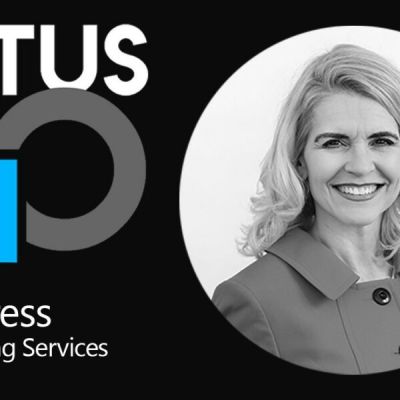Offloading management to a third party to address cloud skills gaps may only be a temporary need, to let staff learn a new cloud environment before taking it on in a full capacity.
For CIOs and other IT leaders who must demonstrate early cloud wins to help gain wider stakeholder buy-in needed for a full migration, Disaster Recovery as a Service (DRaaS) to AWS makes an ideal candidate for demonstrating that the cloud can be a successful driver for the business. It also encourages cloud-hesitant IT members to learn the ropes of the AWS environment in a non-production scenario.
More than half (62%) of recent survey respondents say they have experienced stalled or slower-than-expected cloud migration. Most believe the delay in cloud migration is primarily due to unanticipated skills gaps (41%).
When selecting your cloud migration type, remember the importance of aligning it with your overall cloud and digital transformation strategy.
Upon requesting the recovery, InterVision was able to bring up 40 terabytes of critical file servers and restore connectivity in their hosted recovery datacenter.
Aleta, VP of Consulting Services for CGI, discusses the heroic efforts made to enable a remote workforce, security and women in tech.
When the COVID-19 crisis hit, people were forced home, hospitals were quickly overwhelmed, and the economy dissolved into a recession. As companies are working hard to support their employees, serve their clients and survive, IT leaders are in the forefront now more than ever.
Traditional norms were no doubt disrupted in 2020, which makes 2021 predictions a big question mark of how things will evolve. As we reflect on lessons learned from 2020, one commonality among those we saw thrive is that being prepared for the uncertain means pivoting your company toward a stance that emphasizes agility, speed and security.
Secure access service edge (SASE) is a methodology for secure connectivity to resources in the cloud and on-premise that combines WAN capabilities and network security.
Here’s a list of top resources on IT cybersecurity to help improve your organization’s resiliency.
Identity Access Management (IAM) has captured a growing share of the overall IT budget in recent months, since business leaders want to verify that administrative capabilities don’t suffer during times of uncertainty and evolving cyber threats.







